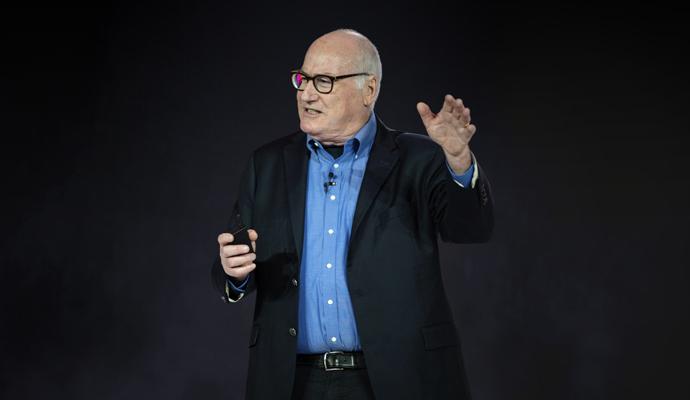Was That Wrong?
Enforcing ethical standards through codes of conduct reduces the likelihood that people will break the rules.
Authors:
Lisa L. Shu, Francesca Gino, and Max H. Bazerman
Publisher:
Harvard Business School, Working Paper 09-078
Date Published:
February 2009
How are some professionals able to lie, cheat, or steal, and not feel guilty about it? In light of the banking industry’s collapse, understanding what motivates people to bend the rules is critical for those in positions of oversight. The authors of this study conducted four experiments with students, designed to measure their willingness to commit dishonest acts. In one scenario, the participants were given a chance to pocket more money than they were owed, along with the ability to shred documents related to their “crime.” Those who took the opportunity to cheat justified their dishonest deeds by disengaging morally and claiming to “forget” the rules. But participants who were asked to read an honor code beforehand were significantly less likely to behave unethically, suggesting that making employees adhere to an established code of conduct increases their awareness of moral stringency. Reinforcing such rules also ensures a greater adherence to ethical behavior; the authors found that participants were more willing to bend the rules and claim they didn’t realize what they had done when the rules were not clearly presented and when they were questioned after they committed the dishonest act.
Bottom Line:
The decision to break the rules reflects a degree of moral disengagement. When people are made aware of ethical standards — for example, through a signed code of conduct — they are less willing to engage in dishonest or illicit behavior.




